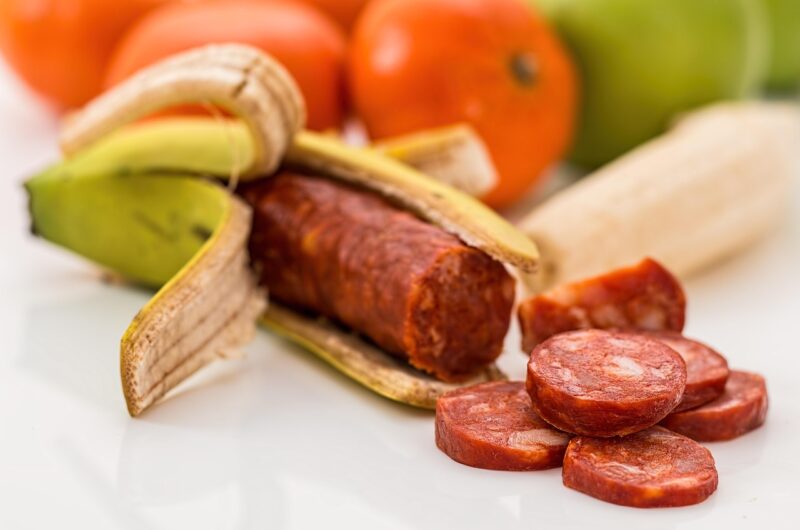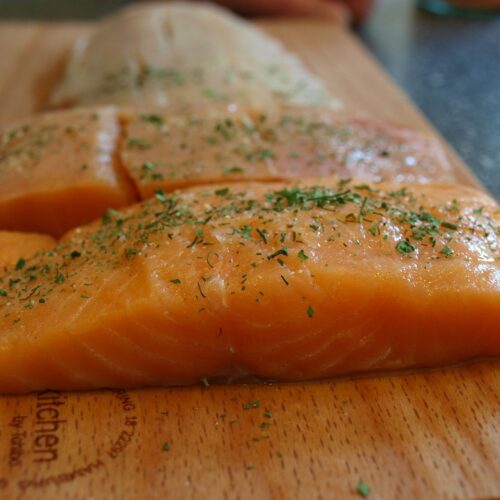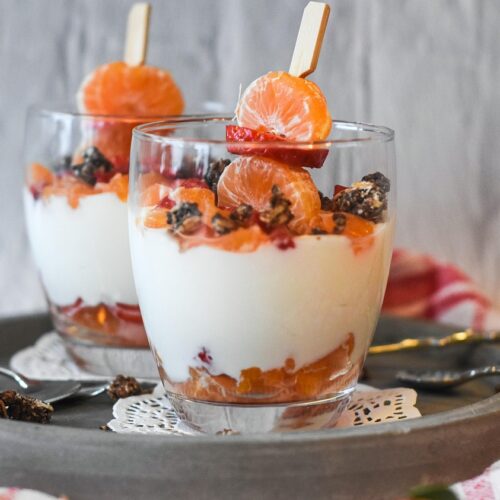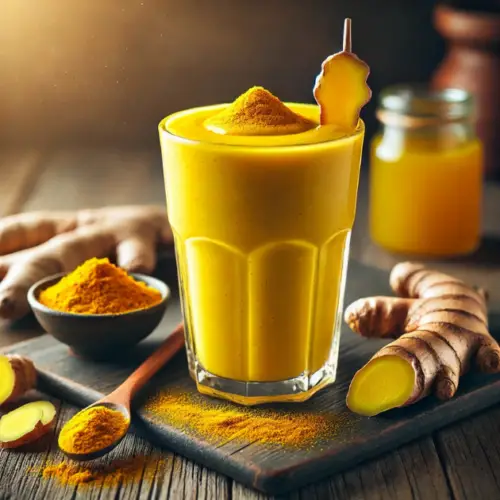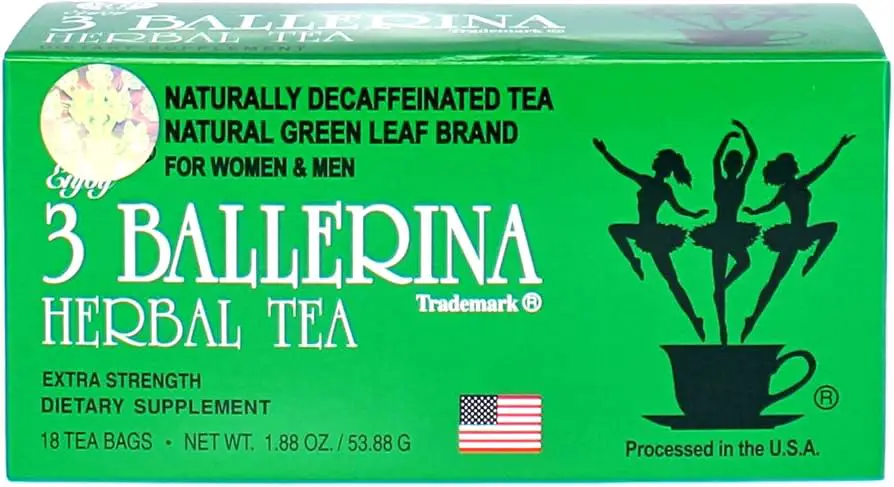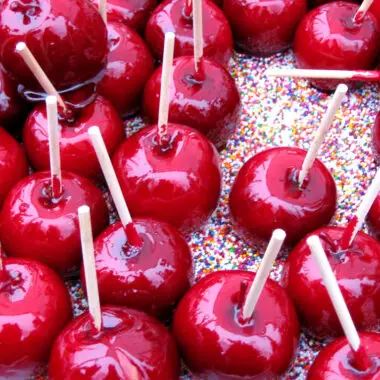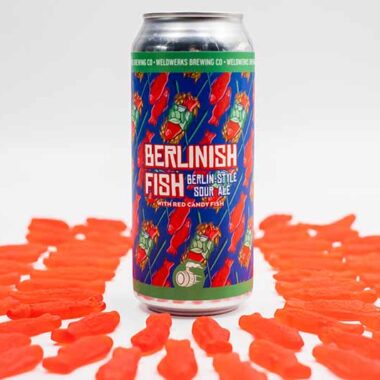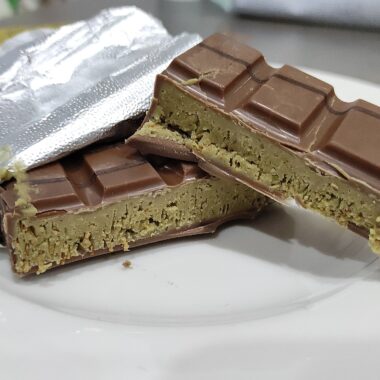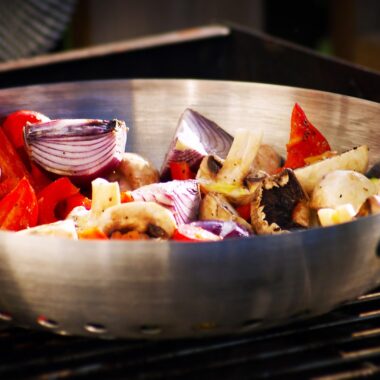vmv
Your gut is often called your “second brain,” and for good reason. It’s home to trillions of microorganisms—collectively known as the gut microbiome—that play a critical role in digestion, immunity, mood regulation, and even chronic disease prevention. What you eat directly impacts this delicate ecosystem. While some foods nourish your gut, others wreak havoc, leading to inflammation, bloating, and long-term health issues.
In this article, we’ll uncover the 10 worst foods for your gut health, explain why they’re problematic, and offer gut-friendly alternatives to keep your microbiome thriving. Let’s dive in.
1. Processed Meats
Why They’re Bad: Processed meats—like bacon, sausages, hot dogs, and deli meats—are loaded with preservatives, sodium, and artificial additives such as nitrates. These compounds disrupt the balance of gut bacteria, promoting the growth of harmful microbes while reducing beneficial ones. Studies have linked processed meat consumption to inflammation and an increased risk of colorectal cancer, partly due to their impact on gut health.
The Damage: The high salt content dehydrates the gut lining, while nitrates can form harmful compounds like nitrosamines during digestion, irritating the gut and fostering dysbiosis (an imbalance in gut bacteria).
What to Eat Instead: Opt for lean, unprocessed meats like grilled chicken, turkey, or fish. If you’re plant-based, try tempeh or lentils—protein-rich options that support gut-friendly bacteria thanks to their fiber and nutrient density.
2. Sugary Drinks
Why They’re Bad: Soda, energy drinks, and sweetened juices are sugar bombs that feed harmful gut bacteria like Clostridium difficile. Excess sugar disrupts the microbiome by encouraging the overgrowth of yeast and pathogenic bacteria, leading to bloating, gas, and even leaky gut syndrome—a condition where the gut lining becomes permeable, allowing toxins into the bloodstream.
The Damage: These drinks lack fiber or nutrients to balance their sugar load, starving beneficial bacteria while fueling inflammation-causing microbes.
What to Eat Instead: Swap sugary drinks for water infused with lemon or cucumber for a refreshing, hydrating boost. Kombucha, a fermented tea with probiotics, is another great option—just choose low-sugar varieties to avoid undoing the benefits.
3. Artificial Sweeteners
Why They’re Bad: Think artificial sweeteners like aspartame, sucralose, and saccharin are a healthy alternative to sugar? Think again. Research shows they alter gut microbiota composition, reducing diversity—a key marker of gut health. They can also trick your body into expecting calories that never arrive, confusing metabolism and digestion.
The Damage: A 2014 study found that artificial sweeteners increased blood sugar levels by disrupting gut bacteria, potentially raising the risk of insulin resistance and type 2 diabetes.
What to Eat Instead: Use natural sweeteners like honey or maple syrup in moderation. Even better, train your palate to enjoy unsweetened foods—your gut will thank you as beneficial bacteria flourish without artificial interference.
4. Fried Foods
Why They’re Bad: Fried foods—think French fries, fried chicken, and doughnuts—are typically cooked in unhealthy oils like canola or vegetable oil, which are high in omega-6 fatty acids. These fats, when overheated, produce toxic compounds like acrylamide that inflame the gut lining. The lack of fiber and nutrients also starves good bacteria.
The Damage: Regular consumption of fried foods is linked to increased gut permeability and systemic inflammation, setting the stage for conditions like irritable bowel syndrome (IBS).
What to Eat Instead: Bake or air-fry your favorites using olive oil or avocado oil, which are rich in gut-supportive monounsaturated fats. Sweet potato fries baked with a drizzle of olive oil are a delicious, microbiome-friendly swap.
5. White Bread and Refined Grains
Why They’re Bad: White bread, pasta, and other refined grains have had their fiber and nutrients stripped away during processing. This leaves behind simple carbohydrates that spike blood sugar and feed harmful bacteria instead of beneficial ones like Bifidobacteria and Lactobacilli, which thrive on fiber.
The Damage: A low-fiber diet slows digestion, leading to constipation and a buildup of toxins in the gut. Over time, this can weaken the gut barrier and increase inflammation.
What to Eat Instead: Switch to whole grains like quinoa, brown rice, or oats. These provide prebiotic fiber that nourishes your gut microbes, promoting regular digestion and a balanced microbiome.
6. Alcohol (In Excess)
Why It’s Bad: While a glass of red wine might offer antioxidants, excessive alcohol—especially spirits and beer—damages the gut lining and kills off beneficial bacteria. It also encourages the growth of gram-negative bacteria, which release endotoxins that trigger inflammation.
The Damage: Heavy drinking is a known contributor to leaky gut and liver disease, as the gut and liver are closely connected via the gut-liver axis. Even moderate overindulgence can cause temporary dysbiosis.
What to Eat Instead: Limit alcohol to one drink per day (if at all), and pair it with gut-friendly foods like fermented yogurt or sauerkraut. For a non-alcoholic alternative, try sparkling water with a splash of cranberry juice—refreshing and microbiome-safe.
7. High-Fat Dairy
Why It’s Bad: Full-fat milk, cheese, and ice cream can be tough on the gut, especially for those with lactose intolerance—a condition affecting up to 68% of the global population. Even if you’re not intolerant, the saturated fats and hormones in conventional dairy can disrupt microbial balance and promote inflammation.
The Damage: Undigested lactose ferments in the gut, causing bloating and diarrhea, while excess fat feeds pro-inflammatory bacteria.
What to Eat Instead: Go for plant-based alternatives like almond milk, coconut yogurt, or oat milk. If you love dairy, opt for fermented options like kefir or Greek yogurt, which contain probiotics that support gut health.
8. Trans Fats
Why They’re Bad: Found in margarine, shortening, and many packaged snacks, trans fats (often listed as “partially hydrogenated oils”) are synthetic fats that wreak havoc on your gut. They increase inflammation, disrupt the gut barrier, and reduce microbial diversity—key factors in conditions like Crohn’s disease and ulcerative colitis.
The Damage: Trans fats alter the lipid composition of cell membranes in the gut, making it harder for beneficial bacteria to thrive and easier for pathogens to take hold.
What to Eat Instead: Stick to natural fats from avocados, nuts, or olive oil. These provide anti-inflammatory omega-3s and monounsaturated fats that strengthen the gut lining and feed good bacteria.
9. Highly Processed Snack Foods
Why They’re Bad: Chips, crackers, and packaged cookies are often packed with refined carbs, artificial flavors, and preservatives like monosodium glutamate (MSG). These ingredients irritate the gut lining, reduce microbial diversity, and provide zero nutritional value to support beneficial bacteria.
The Damage: The lack of fiber and high sodium content slow digestion and dehydrate the gut, while additives confuse the immune system, potentially triggering food sensitivities.
What to Eat Instead: Snack on gut-loving options like air-popped popcorn (lightly seasoned with spices), hummus with veggie sticks, or a handful of almonds. These provide fiber, healthy fats, and prebiotics to keep your microbiome happy.
10. Red Meat (In Excess)
Why It’s Bad: While red meat isn’t inherently evil, eating it frequently—especially processed or charred cuts—can harm your gut. It’s high in L-carnitine and choline, compounds that gut bacteria convert into trimethylamine-N-oxide (TMAO), a substance linked to inflammation and heart disease. Overcooking meat also produces carcinogens like heterocyclic amines.
The Damage: Excessive red meat shifts the microbiome toward bacteria that thrive on protein rather than fiber, reducing diversity and increasing gut inflammation.
What to Eat Instead: Balance your diet with plant-based proteins like beans, chickpeas, or tofu. If you crave meat, choose grass-fed beef in moderation—it’s leaner and contains more omega-3s, which are less taxing on the gut.
Why Gut Health Matters
Your gut microbiome isn’t just about digestion—it influences nearly every aspect of your health. A balanced microbiome strengthens your immune system, regulates hormones, and even produces neurotransmitters like serotonin that affect your mood. When you eat foods that disrupt this balance, you’re not just risking bloating or discomfort; you’re setting the stage for chronic issues like obesity, diabetes, and autoimmune diseases.
The good news? Swapping out gut-damaging foods for nourishing alternatives can start repairing your microbiome in as little as 24 hours. Consistency is key—small changes compound over time to create a thriving gut ecosystem.
Tips for a Gut-Healthy Diet
Beyond avoiding the “worst offenders,” here are some general strategies to optimize your gut health:
- Eat More Fiber: Aim for 25–30 grams daily from fruits, vegetables, and whole grains. Fiber feeds beneficial bacteria, producing short-chain fatty acids that reduce inflammation.
- Add Fermented Foods: Sauerkraut, kimchi, miso, and yogurt introduce probiotics—live bacteria that replenish your microbiome.
- Stay Hydrated: Water keeps digestion moving and prevents constipation, a common sign of an unhappy gut.
- Limit Stress: Chronic stress disrupts gut bacteria via the gut-brain axis, so pair a healthy diet with relaxation techniques like meditation or yoga.
Final Thoughts
Your gut health is a reflection of your dietary choices. While the occasional indulgence won’t derail you, regularly eating processed meats, sugary drinks, or fried foods can tip the scales toward dysbiosis and disease. The alternatives—whole grains, fermented foods, healthy fats, and plant-based proteins—aren’t just “better for you”; they’re delicious, versatile, and satisfying.
Start small. Replace one gut-damaging food this week with a microbiome-friendly option. Your body—and your trillions of tiny gut allies—will thank you.
